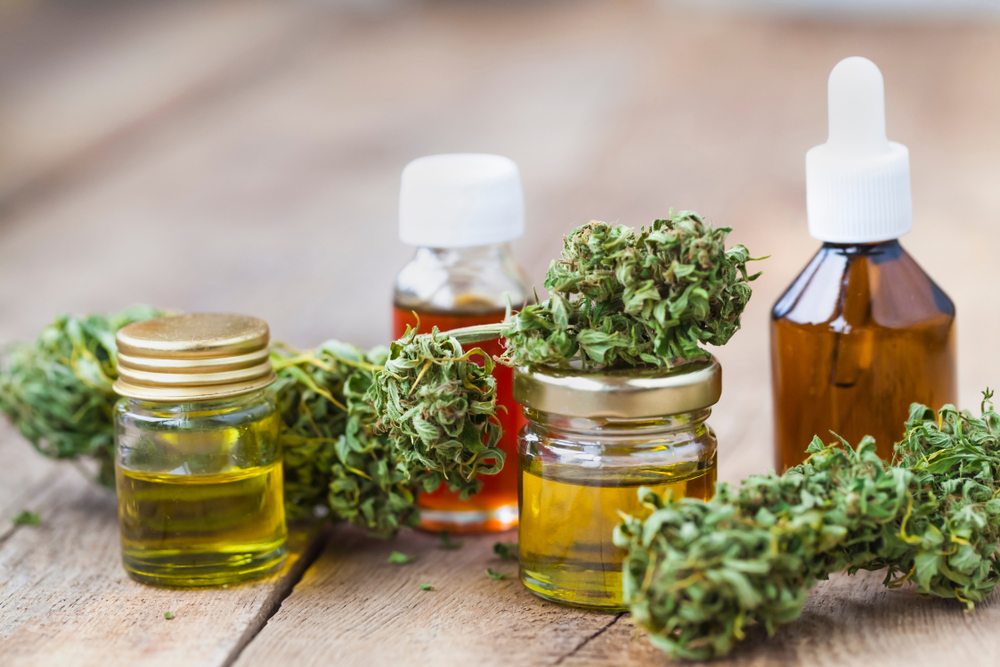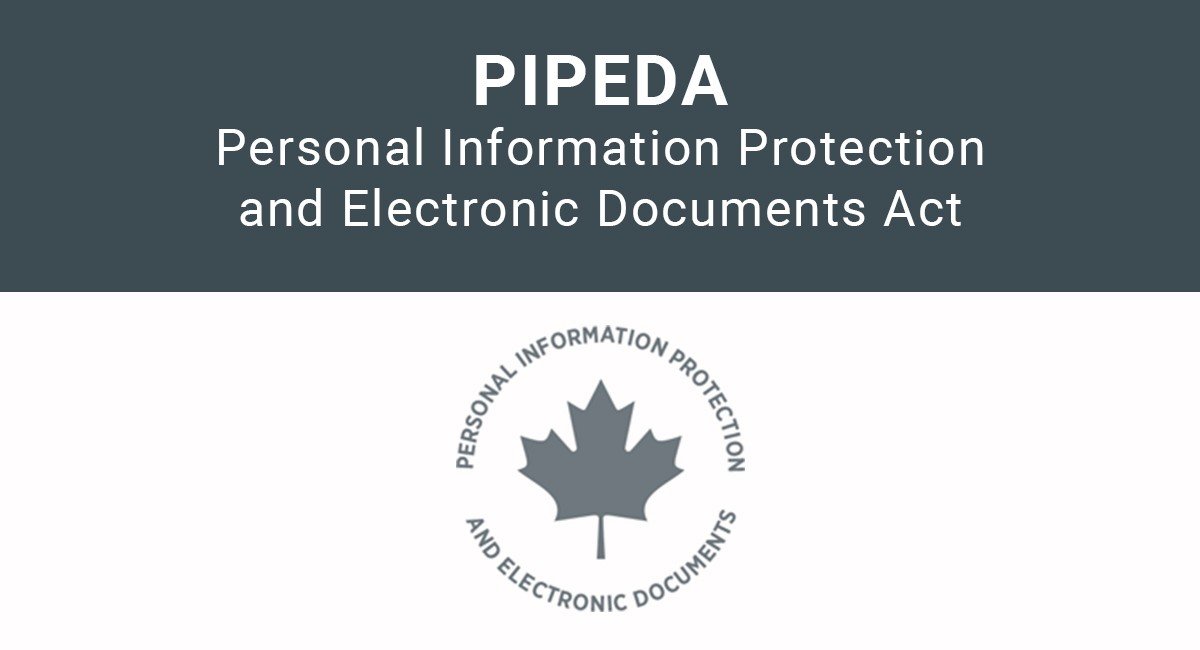Medical Marijuana For Sleep Disorder
Medical Marijuana Can Improve Sleep Quality
If you struggle with getting a good night’s sleep, you’re not alone. In fact, it’s quite common amongst many others in Canada. It’s estimated that approximately 40% of the Canadain population is living with some form of a sleep disorder, particularly insomnia. There are two main forms of insomnia which are explained below.
What Is Insomnia?
We’ve all experienced acute insomnia in our lifetime. Have you ever not been able to sleep a day before an important exam, or maybe the night before your wedding day, but then were able to sleep perfectly fine once those events passed? This is known as acute insomnia. Then there is chronic insomnia, also referred to as long-term insomnia, which is quite a bit different and more severe of the sleep disorders. Chronic insomnia typically occurs three nights a week and could last a couple of months at a time. Insomnia sleep disorder could also be described as sleep-onset insomnia, sleep maintenance insomnia, mixed insomnia, comorbid insomnia, and early morning awakening insomnia. If you think you may have some form of insomnia, here are the symptoms to be aware of:
- Difficulty sleeping after a tragic life event like the loss of a family member, a job, a diagnosis, etc. This may last a few months or a few days.
- You have trouble falling asleep or you can’t stay asleep three times a week or more
- You toss and turn a lot
- You wake up a lot throughout the night and struggle to fall back asleep for at least 30 minutes
- You feel mentally and physically exhausted during the day even with minimal exercise
- You wake up much earlier than you intended
Not being able to sleep not only affects your mental and physical health, but it also affects your personal life, like plans you’ve made with friends or family, your school or work performance/tasks, and increase your risk of an accident, particularly when you’re driving.

What Causes Insomnia?
There are a number of factors that contribute to insomnia. This can include underlying medical conditions and stressful life events, amongst other things like:
- The loss of a loved one
- A change in your work schedule (particularly for shift workers)
- Caffeine (sorry coffee drinkers!)
- Alcohol
- Eating too much
- Smoking cigarettes
- Jetlag
- Certain medications
- Stress and anxiety
- Indigestion
- Other health or medical issues (arthritis, chronic pain, cancer, Alzheimer’s, Parkinson’s, depression, etc.)
Canada Wide Consultations
Who Is Affected?
Women of all ages are much more likely to suffer from long-term sleep disorders than men. While it mainly affects older women, it can begin even in childhood.

The Link Between Medical Marijuana & Insomnia
More studies have slowly gone underway to link the positive impact medical marijuana can have on people with sleep issues, particularly since it became legalized in Canada in October of 2018. There was a study done on 450 patients with sleep issues (not just insomnia), and 32% of the patients reported a 50% improvement in their sleep quality after using cannabis treatment.
Though more scientific research needs to be conducted, there are definitely links between medical marijuana and how it reacts with our levels of serotonin (low levels can cause depression, anxiety, and sleeping disorders). It could prove to be a better method to being able to fall asleep at night as opposed to other prescription sleeping pills which often have poor side effects like constipation, dizziness, headaches, heartburn, stomach pain, nightmares, weakness, and more.
How Medical Marijuana Can Relieve Other Symptoms
Again, insomnia can be caused by a number of factors, but when you use medical marijuana, not only will it help you fall asleep and get a good night’s rest, medical marijuana can also help relieve other symptoms that potentially cause your insomnia. This includes symptoms such as relaxing your muscles, having recurring nightmares, hallucinating, decreasing levels of stress and anxiety, and helping relieve pain associated with arthritis or chronic pain complications. It can also help with feeling more alert throughout the day and less fatigued so you can gain control of your work tasks again and stop changing plans with your friends and family. Say goodbye to your unreliable prescribed medication that comes with many side effects and hello to a more natural, high-quality solution like our medical marijuana products.

Will I Get High?
Marijuana use is often associated with smoking a joint and getting high, but this isn’t the case. After consulting with our health care practitioners, they’ll help prescribe the right dosage for you and discuss your preferred delivery method (edibles, oils, cream, etc.) and from there, you can begin your cannabis use journey. Our CBD products do not make you high as the oil is derived from the hemp plant. CBD is completely natural and therapeutic in many ways.
Other Ways To Treat Sleep Disorders
As well as medical cannabis use, there are other techniques professionals recommend in order to improve your poor sleeping patterns:
- Sticking to a sleep pattern, even if you feel like sleeping in or didn’t get enough sleep throughout the night, wake up at the same time every morning
- Practice meditation before you plan to sleep – deep breathing and relaxing your muscles before bed can help you fall asleep quicker
- Exercise regularly a few hours before bedtime
- As tired as you may be throughout the day, try not to nap as this can ruin your sleep schedule
- Limit your caffeine or alcohol intake for at least six to seven hours before you plan to sleep (they’ll also make you wake up to urinate often)
- Don’t eat large meals before you plan to sleep either to limit the risk of heartburn or indigestion
By combining the other methods on top of cannabis use, you may be able to enjoy a better night’s sleep and never have to worry about waking up feeling tired or in pain again. Sleep is an integral part of life, so let’s work together to ensure




